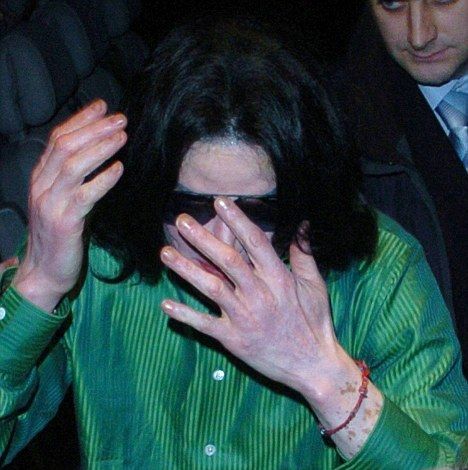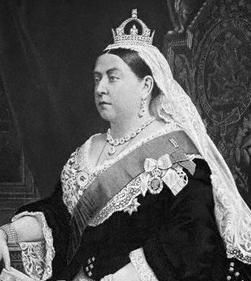咖啡因可增强记忆力
|
For some, it's the tradition of steeping(浸泡) tealeaves to brew the perfect cup of tea. For others, it's the morning shuffle to a coffee maker for a hot jolt(颠簸,摇晃) of java. Then there are those who like their wake up with the kind of snap and a fizz usually found in a carbonated beverage. Regardless of the routine, the consumption of caffeine is the energy boost of choice for millions to wake up or stay up. Now, however, researchers at the Johns Hopkins University have found another use for the stimulant: memory enhancer. Michael Yassa, assistant professor of psychological and brain sciences in the Krieger School of Arts and Sciences at Johns Hopkins, and his team of scientists found that caffeine has a positive effect on long-term memory in humans. Their research, published by the journal Nature Neuroscience, shows that caffeine enhances certain memories at least up to 24 hours after it is consumed. "We've always known that caffeine has cognitive-enhancing effects, but its particular effects on strengthening memories and making them resistant to forgetting has never been examined in detail in humans," said Yassa, senior author of the paper. "We report for the first time a specific effect of caffeine on reducing forgetting over 24 hours." The Johns Hopkins researchers conducted a double-blind trial; which participants who did not regularly eat or drink caffeinated products received either a placebo or a 200-milligram caffeine tablet five minutes after studying a series of images. Salivary samples were taken from the participants before they took the tablets to measure their caffeine levels. Samples were taken again one, three and 24 hours afterwards. The next day, both groups were tested on their ability to recognize images from the previous day's study session. On the test, some of the visuals were the same as from the day before, some were new additions and some were similar but not the same as the items previously viewed. More members of the caffeine group were able to correctly identify the new images as "similar" to previously viewed images versus erroneously(错误地) citing them as the same. The brain's ability to recognize the difference between two similar but not identical items, called pattern separation, reflects a deeper level of memory retention, the researchers said. "If we used a standard recognition memory task without these tricky similar items, we would have found no effect of caffeine," Yassa said. "However, using these items requires the brain to make a more difficult discrimination -- what we call pattern separation, which seems to be the process that is enhanced by caffeine in our case." The memory center in the human brain is the hippocampus, a seahorse-shaped area in the medial temporal lobe of the brain. The hippocampus is the switchbox for all short-term and long-term memories. Most research done on memory -- the effects of concussions in athletics to war-related head injuries to dementia in the aging population -- are focused on this area of the brain. Until now, caffeine's effects on long-term memory had not been examined in detail. Of the few studies done, the general consensus was that caffeine has little or no effect on long-term memory retention. The research is different from prior experiments because the subjects took the caffeine tablets only after they had viewed and attempted to memorize the images. "Almost all prior studies administered caffeine before the study session, so if there is an enhancement, it's not clear if it's due to caffeine's effects on attention, vigilance, focus or other factors. By administering caffeine after the experiment, we rule out all of these effects and make sure that if there is an enhancement, it's due to memory and nothing else," said Yassa. |








